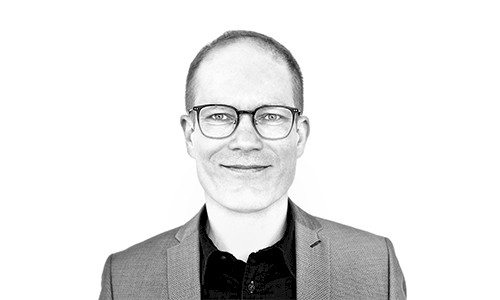Raum und Begegnung
Identität ist ein Schlüsselwort der Moderne. Sie entsteht in einer Dialektik der Begegnung mit einem Gegenüber, dessen Unverfügbarkeit oft unerträglich, aber gleichzeitig unvermeidlich für das Selbst-Sein ist. Kognition, Körper, Leib und soziale Interaktion müssen ineinanderfließen, damit Identität entstehen kann. Zudem muss sie über einen biographischen Verlauf hinweg behauptet werden, um länger als für einen flüchtigen Moment hinaus Bestand haben zu können.
Jede Begegnung geschieht zudem in einem Raum, der nicht nur in weiterem Sinne gesellschaftlich, sondern auch anderweitig – z.B. architektonisch oder topographisch – geformt ist. Der Einfluss des Raumes auf Begegnung ist diffus, kaum fassbar, aber gleichwohl von großer Wirkmächtigkeit: Auf dem Parkplatz eines Supermarktes begegnen sich Menschen anders als im Lesesaal einer Bibliothek, vor Raffaels “Sixtinischer Madonna” anders als an der Bushaltestelle.
Sozialwissenschaftlich können Raum und Begegnung auf unterschiedliche Weise gefasst werden. Besonders relevant sind hier praxis- und systemtheoretische Entwürfe aus der Soziologie.
Unterthemen
|
Projekte



